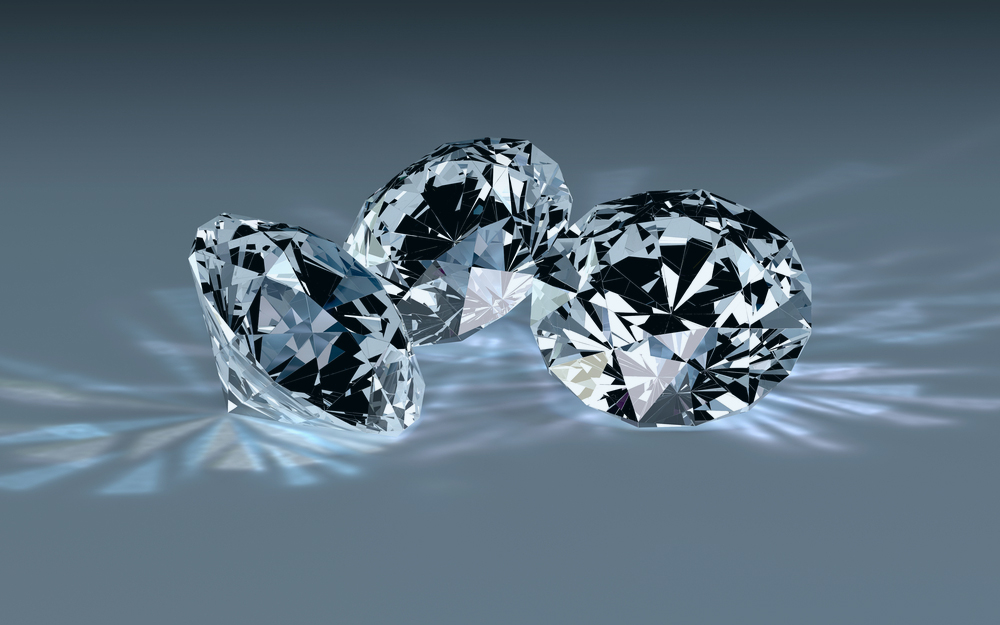Does it feel better to pay a lot for something?
Watch this video from Vox and then let’s discuss.
A few things are interesting about this. I love the little clip at the end where the staffer takes the expensive wine. I wonder if it was the one she actually preferred. More to the point, note the study they cite showing a direct and persistent correlation between the level of activation of the pleasure center of your brain and knowledge of high price. The more expensive something is, the more likely we are to take a liking to it.
Price and pleasure
This is a reflection of how we persistently create our own reality. If we pay a lot for something, we need it to be good. So if it’s not really bad we make it good in our perception.
This phenomenon also points out that not only is price a shorthand to establish perceived value or quality in the absence of genuine expertise, it is also highly influential even in the presence of expertise. So “high price equals high quality” is not only a crutch for those who don’t really have any good way to judge, it’s highly determinative of perception in ANY case. The lesson is clear: If you can deliver on a brand promise, you should charge full freight for it or you will find your delivered value underappreciated. This is a sad observation on human nature, but it’s worth taking note that the principle may be in operation in nearly every context where comparative judgments are required.
The lesson is clear: If you can deliver on a brand promise, you should charge full freight for it or you will find your delivered value underappreciated.
So if your situation is not “I have $10. What can I get for this?” but is instead “I have this need. What will satisfy it?” then you are better off with a higher priced item. It’s that simple. This is a variation on the admonition to sell on value not price, but here we have additional support and additional reasons why you should do this.
This is sometimes difficult advice to follow. On the inside, where you know your product and its real cost in time and materials, it’s hard to decouple these from price. In the end it is not what something costs to produce or even how much work went into it that should determine price, but instead it is the value it is able to deliver in the mind of the customer. Put more precisely, it is the perceived value it is able to deliver. In this formulation, the actual value delivered increases with the price.
Clearly this does not operate in all contexts, but it does in many.
If you are like most people, you will be happier with your purchase if you spend the extra money.
Mind experiment
You are buying a diamond wedding ring. You are looking at 3 options. Each is graded the same for cut, color, clarity, and carat, so their professional valuation says they are equal. One is $1,000, the next, $1,500, and the last, $2,000. Which do you buy? Unless you really cannot afford it, you buy the $2,000 diamond. Why? Because the price is telling you what you cannot ascertain otherwise: that the $2,000 diamond is better than the $1,000 diamond and you want the best for the one you love. Behavior experiments back this up. What’s interesting is that if you are like most people, you will be happier with your purchase if you spend the extra money.
 Does it apply to what you sell?
Does it apply to what you sell?
Image courtesy of Shutterstock


Ask for help.
We are kind, thorough and ready when you are. You just need to ask.